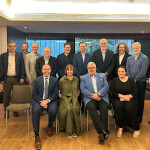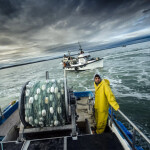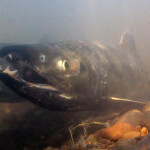The United States’ National Oceanic and Atmospheric Administration (NOAA) on Thursday published a national policy that encourages the implementation of catch shares to rebuild fisheries and sustain fishermen, communities and working waterfronts.
“Catch share programs have proven to be powerful tools to transform fisheries, making them prosperous, stable and sustainable parts of our nation’s strategy for healthy and resilient ocean ecosystems,” said Jane Lubchenco, Ph.D., under secretary of commerce for oceans and atmosphere and NOAA administrator. “NOAA’s policy encourages fishery management councils and stakeholders to explore the design possibilities of catch shares to tailor programs to best meet local needs.”
The fishery management tool includes limited-access privilege programs and individual fishing quotas that dedicate a secure share of fish to fishermen, cooperatives or fishing communities.
Catch shares are used in 14 fisheries managed by six fishery management councils from Alaska to Florida and are being developed in additional fisheries, most notably for East Coast groundfish fisheries, which implemented a catch share policy that began in May.
While the programs are not necessarily popular among all fishery stakeholders, NOAA says the program improves fishermen’s safety and profits while reducing negative biological and economic effects of a derby-style fishery.
NOAA added guiding principles to the policy, including a recommendation that regional fishery management councils periodically revisit allocations between commercial and recreational sectors in fisheries.
“This program has been a phenomenal success for the fish, and when you take care of the fish, you take care of the fishermen,” said David Walker, a Destin, Fla., commercial fisherman who is part of the Gulf of Mexico red snapper individual fishing quota program. “Before the program began in 2007, we were having to fish under derbies and having to go farther and farther to fish. We were getting fewer and fewer days as efforts were intensifying. Everyone raced for the fish and we were fishing in weather conditions that were dangerous at times. Fishing under the IFQ program implemented in 2007 has been a blessing to us. Now we have a year round season with very few discards. Fish prices are good. And the fish stock is rebuilding.”
All Supply & Trade stories >




